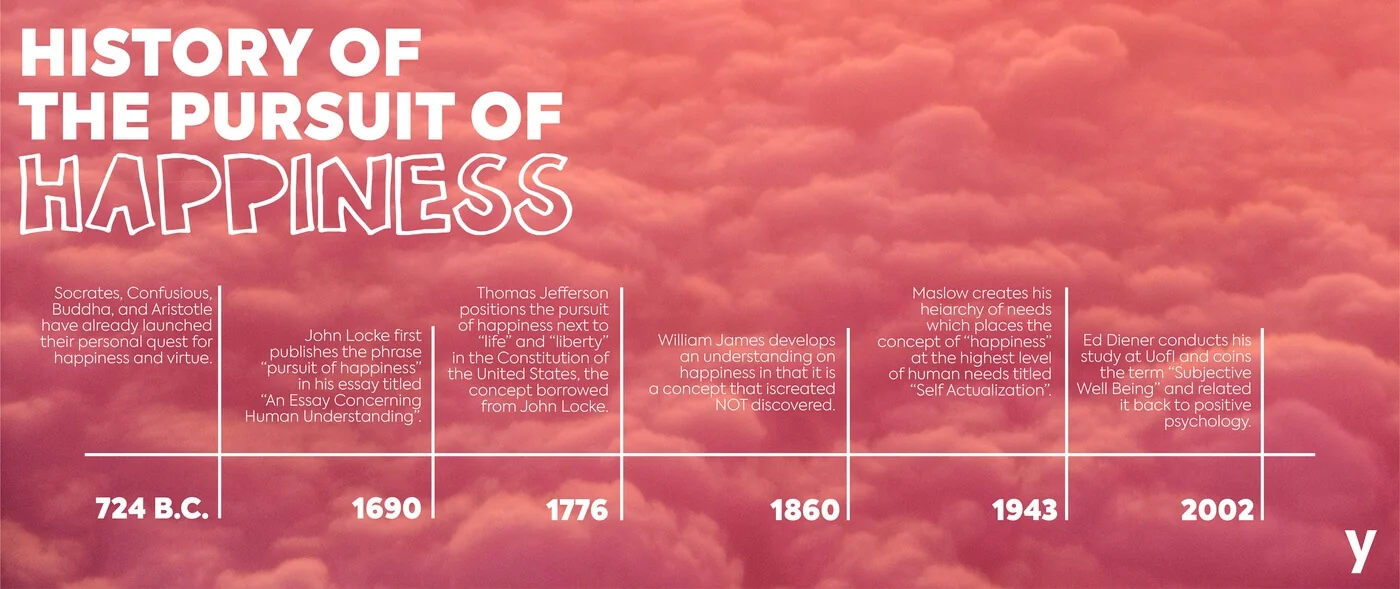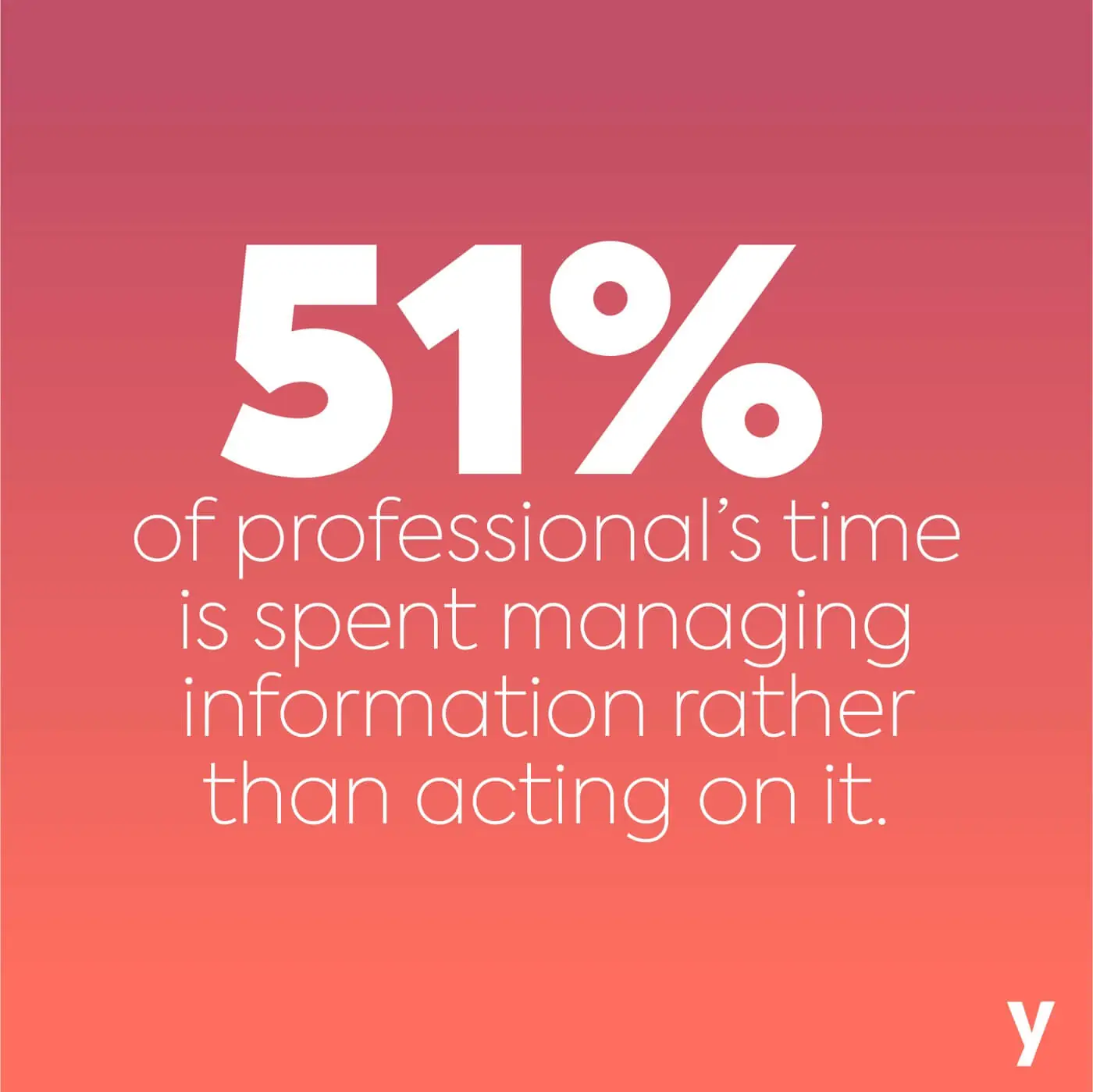As human beings, we have an innate desire to consistently become better versions of ourselves. Although this sounds cliche and overly inspirational, there’s immense truth behind it: in fact, an entire field of psychological studies have been developed from the recommendation that we focus on our strengths and virtues rather than focusing on ways in which we can change our flaws. Positive psychology has become the central focus on finding what makes humans into better individuals through the analysis of happiness as a state of being.
On the Pursuit of Happiness
Happiness, or the feeling of being happy, is one of the most common words in the English language for its unique ability to sum up a range of emotions into a five character span. However, the vast majority of people most likely are unable to perfectly define the word; some may say an emotional essence is unable to be defined. However Merriam-Webster defines happiness as “a state of well-being and contentment.” The ideology of happiness as a state of being is an interesting shift in perception given that most individuals would use the word to describe a pinpointed feeling.
Positive psychology and the pursuit of happiness has a long history ranging from Buddha, Confucius, and Aristotle, to John Locke, Thomas Jefferson, and even into modern psychological theory with intellectuals such as Maslow and Ed Diener (a.k.a Dr. Happiness). According to Martin Seligman in his text Building Human Strength: Psychology’s Forgotten Strength, “This mission calls for the creation of a more complete picture of people’s lives… towards also seeing people as active agents who create and shape themselves, their environments, and their futures.” Positive psychologists believe in creating change and sparking innate drivers to form the future an individual wants rather than the future they feel predestined to have; creating the story they want to tell rather than a story they’re being directed to live out.

The Light Bulb Moment
One of the most fascinating things about the human body is its ability to experience neurological changes in response to various stimuli. Something that seems as simple as swatting a fly away from a plate of food is actually a complex range of neurological triggers to complete the act. On a deeper level, the way in which our brain reacts to positive stimuli in regards to communication is a mesmerizing look into the capabilities of the brain. According to a 2006 study, neuroscience has discovered that the brain is “wired to organize, retain, and access information through storytelling and that every relationship, experience, and object may be recorded in the mind as a story.”
Perhaps even more interesting, the human brain fires the same neurological reactions when exposed to vivid language as it does during intense physical experiences: meaning that when an individual is told an enticing story, the body reacts the same way as if it were living out the same events in real time. Finding ways to shape an individual’s story and perception of a scenario, and even a product or service, is a powerful way to connect with them on a more personalized level.
The Role of Storytelling in Digital Marketing
 Any marketer understands the immense power of a story: it creates a personalized experience for a target market while resulting in a higher chance for conversion. However, at what point do we, as professionals, cut through the barrier of “just another marketing scheme” and become transparent companies that genuinely care for their clients and consumers? Professionals spend 51% of their time managing information rather than being able to act upon it; as marketers we want to ensure these individuals are able to actually interact with these organizations. Through the power of transformative storytelling, brands, companies, and organizations are better able to connect with consumers in a tangible and authentic manner that will ultimately yield higher results.
Any marketer understands the immense power of a story: it creates a personalized experience for a target market while resulting in a higher chance for conversion. However, at what point do we, as professionals, cut through the barrier of “just another marketing scheme” and become transparent companies that genuinely care for their clients and consumers? Professionals spend 51% of their time managing information rather than being able to act upon it; as marketers we want to ensure these individuals are able to actually interact with these organizations. Through the power of transformative storytelling, brands, companies, and organizations are better able to connect with consumers in a tangible and authentic manner that will ultimately yield higher results.
Forming a story around your company should be at the forefront of your business objectives: positioning the organization at the forefront of human connection and authentic experiences. Mikael Cho, founder and CEO of Unsplash and Crew, describes storytelling as a way to transform a business into one that has an overarching purpose rather than a simple goal to increase profits. He says, “Telling a good story, whether that’s through email, film, or any medium, creates a connection. And it’s this connection that leads to attention, which leads to trust, which leads to sales.” Forming a connection built on trust, rather than one in which your consumer feels as if they’re just “another cog in the machine” is what creates lasting business relationships that are more honest, transparent, and authentic.
 In Cho’s case, his company conducted a test to which they sent out two variations of an email; one that was short and concise, and another that was significantly longer which broke any kind of rule in email marketing. The difference between the two email, besides the length, was the fact that the long-form email told a story that his consumers could connect with and understand. The results were surprising, from a best practice standpoint: the long-form email received three times the click-through rate in comparison to the short-form. From an industry standpoint, long-form blogs and emails actually receive nine times more leads than short-term equivalents. Storytelling has a significant impact on the way in which your consumers interact and relate to your brand as a whole.
In Cho’s case, his company conducted a test to which they sent out two variations of an email; one that was short and concise, and another that was significantly longer which broke any kind of rule in email marketing. The difference between the two email, besides the length, was the fact that the long-form email told a story that his consumers could connect with and understand. The results were surprising, from a best practice standpoint: the long-form email received three times the click-through rate in comparison to the short-form. From an industry standpoint, long-form blogs and emails actually receive nine times more leads than short-term equivalents. Storytelling has a significant impact on the way in which your consumers interact and relate to your brand as a whole.
Purpose Transformation
In regards to an overall company standpoint, storytelling has an immense opportunity to create long-term believers in what your organization stands for. Having an overarching purpose to drive objectives and decisions is what sets businesses apart as one’s doing something bigger than themselves: a concept that relates directly back to positive psychology and the drive to become better individuals.
Company purpose is something that should be summed up into three words: simple, genuine, and aspirational. These three words describe the transformative power of company purpose and the way in which any current or future interaction within your organization is fostering an authentic and transparent connection that cuts through the barrier of traditional marketing. Cho sums this up nicely, “If you want anyone to trust you… To maybe one day buy from you. Your best option is to remove all the barriers in your message… To sound like just another human. Because ‘just another human’ is much more relatable than a corporation.”
Creating a story around your company is what will ultimately inspire people to believe in what you do and believe in your role within the world. Not only will this create a lasting legacy for what your organization believes in, but it will encourage its consumers and employees to become better versions of themselves to ultimately shape their own path and tell their own story.




